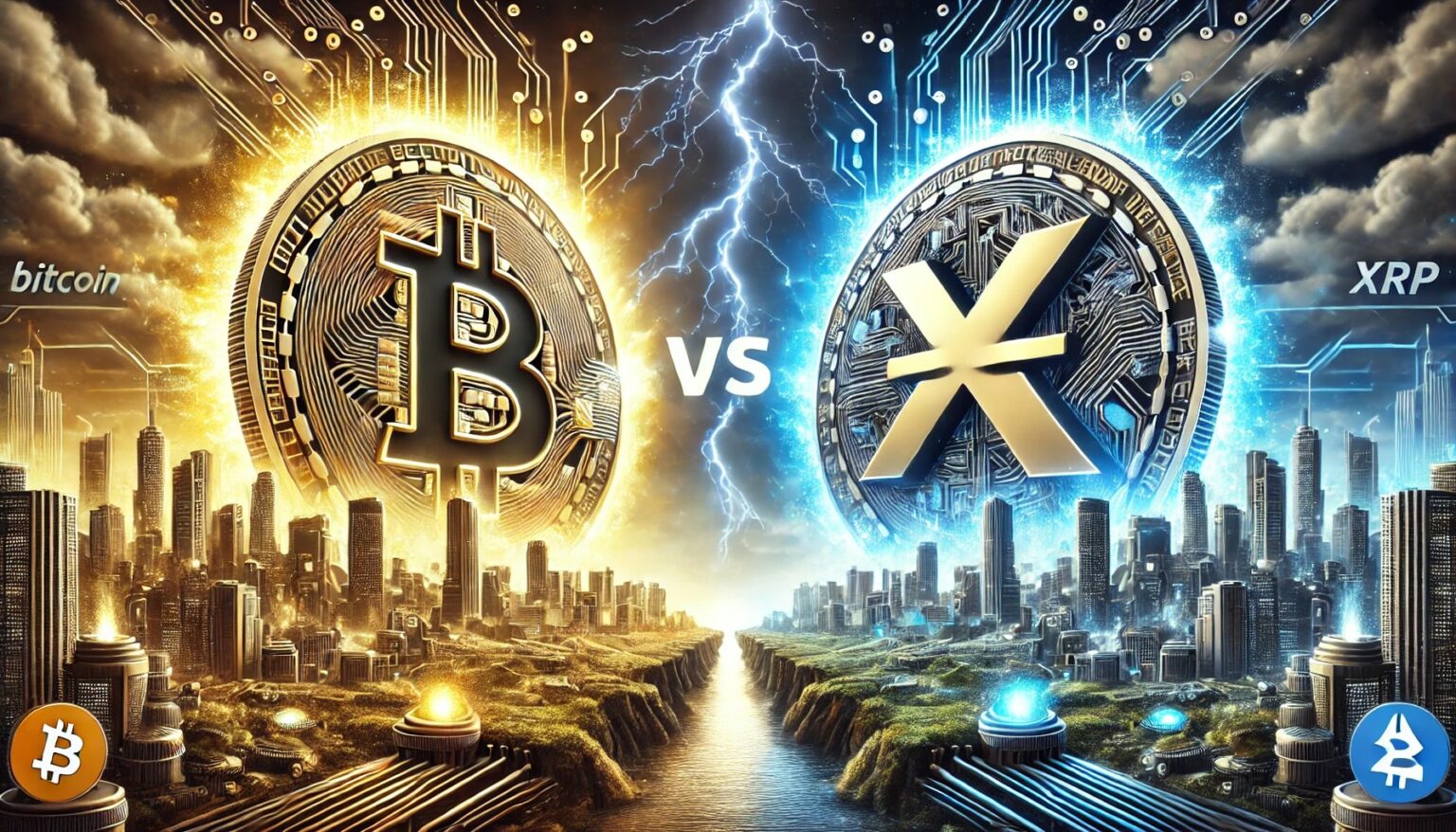In the rapidly evolving world of digital currencies, the ongoing debate between XRP and Bitcoin exemplifies the dynamic nature of blockchain technology. While Bitcoin remains a leading force due to its widespread adoption, Ripple is carving out its niche by emphasizing energy conservation and innovative payment solutions. With advancements in blockchain technology, understanding the nuances between these two cryptocurrencies is crucial for enthusiasts and investors alike. Let’s dive into the current discourse and explore what sets XRP apart in this fiercely competitive landscape.
XRP vs. Bitcoin: A Sustainable Future for Blockchain
The Energy Efficiency of XRP
In a recent discussion, Ripple President Monica Long highlighted the significant energy efficiency of the XRP Ledger compared to Bitcoin. Unlike Bitcoin’s Proof of Work (PoW) mechanism, known for its high energy consumption, the XRP Ledger utilizes a unique consensus algorithm that drastically reduces energy usage. According to Long, this innovative approach makes the XRP Ledger 120,000 times more energy-efficient than Bitcoin’s PoW system. Furthermore, she notes that the XRP Ledger is also more energy-efficient than traditional cash transactions due to its underlying blockchain technology, offering a more sustainable financial solution.
Ripple’s Strategic Moves in the Financial Sector
Continuing its mission to revolutionize global payments, Ripple recently acquired Hidden Road, a brokerage, clearing, and financing firm, for $1.25 billion. This strategic acquisition aims to integrate Hidden Road’s substantial $3 trillion annual transaction volume into the XRP Ledger, promising faster and more efficient settlements. This move is anticipated to enhance XRP’s market value and establish the RLUSD stablecoin as a key player in this new wave of financial transactions.
Ripple’s journey has not been without challenges. After a prolonged legal battle with the Securities and Exchange Commission (SEC) concerning XRP’s status as a security, Ripple has emerged victorious. With the lawsuit resolved, Ripple is now positioned to accelerate its growth and pursue its vision without legal hindrances.
Is XRP a Better Environmental Choice Compared to Bitcoin?
Yes, XRP is considered a more environmentally friendly option because it operates on a consensus algorithm rather than Bitcoin’s energy-intensive Proof of Work system. This makes XRP significantly more energy-efficient, aligning with sustainable financial practices.
How does Ripple’s acquisition of Hidden Road benefit XRP?
By acquiring Hidden Road, Ripple aims to streamline a significant volume of financial transactions through the XRP Ledger. This integration is expected to increase efficiency and potentially boost XRP’s value as it becomes an essential component of these transactions.
What was the outcome of Ripple’s legal battle with the SEC?
Ripple successfully concluded its legal battle with the SEC, which centered on whether XRP should be classified as a security. The resolution of this lawsuit allows Ripple to advance its business objectives without the constraints of legal uncertainties.
With insights into XRP’s technological advancements and strategic initiatives, this guide empowers readers to make well-informed decisions. The evolving landscape of digital currencies demands continuous learning, making it vital to stay updated with the latest developments.

